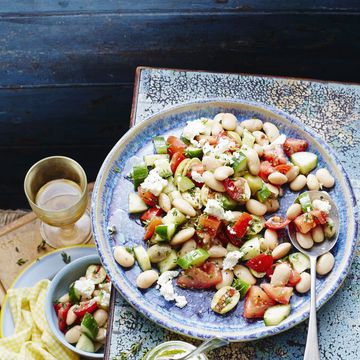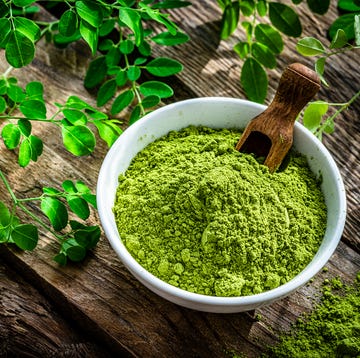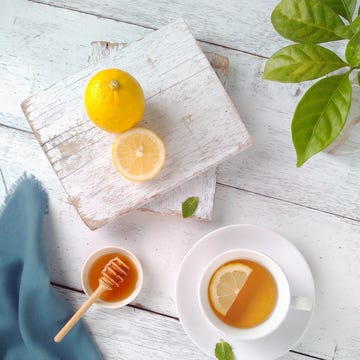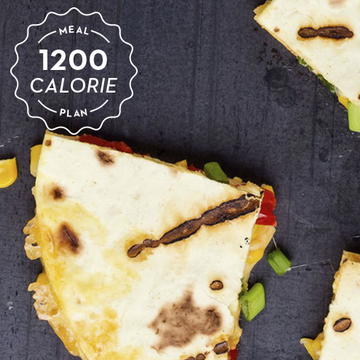10 Foods Tied to Chronic Inflammation, According to Nutritionists
Reorganizing your lifestyle to limit these food groups can revolutionize your health over time.

Inflammation is a hot-topic word for many healthcare providers, but patients aren't aware that it's part of our immune system's natural defenses designed to help us heal.
Lifestyle choices can silently prompt inflammation across most parts of your body without you intending to do so, most often triggered by dietary habits; if changes aren't made, a poor diet can prolong it to the point where healthcare providers refer to it as "chronic" inflammation. Five of the 10 leading causes of death in the United States have been linked to chronic inflammation in one way or another, making it a significant risk to holistic health in the long run.
"While inflammation has become a hot topic word, it's not actually a bad thing on its own; it's the body's response to injury or wound, and it can help your body heal and repair," says Stefani Sassos, M.S., R.D.N., the Good Housekeeping Institute's Nutrition Lab Director. "When that inflammation turns chronic, then it can become problematic." While one piece of bacon won't throw your body into chronic inflammation, your overall dietary habits over time play a role. Ask yourself, are you eating inflammatory foods consistently, throughout your day? Multiple times a week?"
If your diet consists of an unmoderated amount of inflammatory foods, this may lead to more free radicals — or molecules containing oxygen and uneven electrons — impacting your antioxidant counts and other cells in your bloodstream. In response, your body becomes inflamed, and can stay in this state perpetually until adjustments are made. Inflammation can influence so many aspects of holistic health, including risk of heart disease, type 2 diabetes, cancer and liver issues as well. Sassos adds that it may also impact your joint health, triggering arthritis over the years in painful areas; inflammatory foods can also be irritants elsewhere in your regulatory systems, causing indigestion or acid reflux. Your skin can even be impacted by acne and breakouts in response to inflammation.
What are the most inflammatory foods?
The worst foods that cause inflammation are over-processed, fried items that are often ready-to-eat out of the box, sometimes also packed with added sugar. "If you're eating ultra-processed foods, and eating too much of it, inflammation is sure to follow; malabsorption can also be an issue, among other things," Sassos explains.
But you can work to reduce "long-term, low-grade inflammation" in cells and tissues by reworking your diet, says Corey W. Krishner, D.C., FIACA, DACNB, author of The Whole Body Cure, an anti-inflammatory eating plan created by our sister publication, Prevention. You can help prevent inflammation in your body by cutting down on the food groups below that are known to trigger it. Remember: A balanced diet isn't always about total abstention, but moderation, Sassos adds. "Your diet should focus on wholesome, nourishing foods, but also make room for your favorite foods too!"

Readers Also Read

Inspirational Quotes to Start Your Day

Your Guide to the Mediterranean Diet

Should You Be Trying Moringa?

Recall Expands to Include More Skin Care Products


















